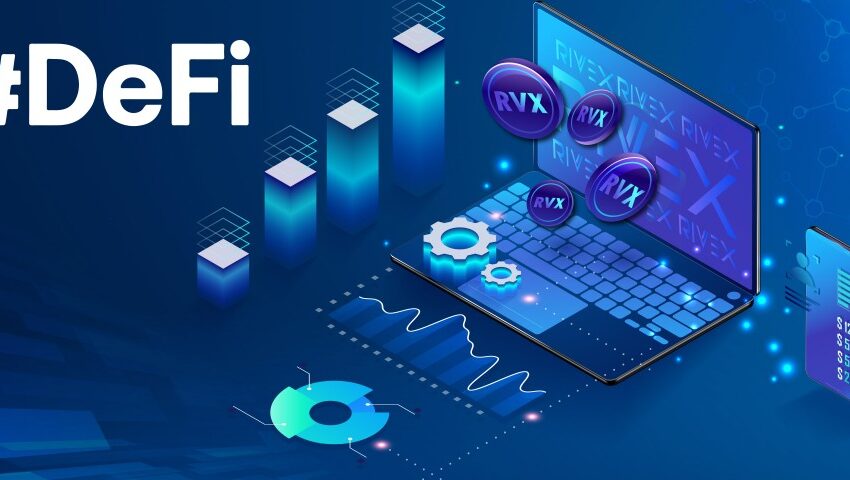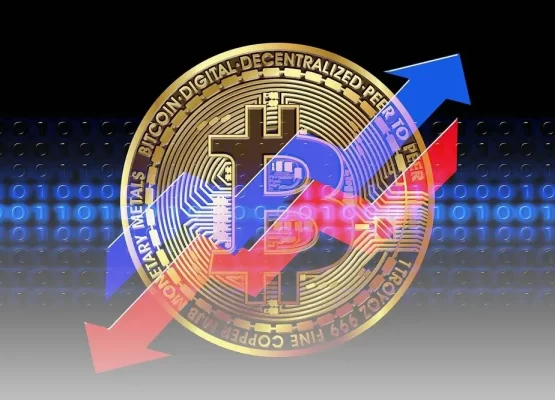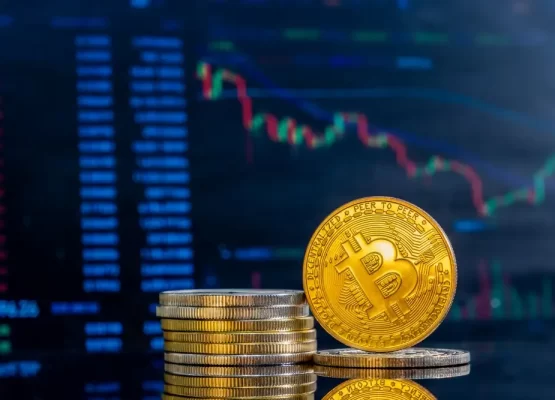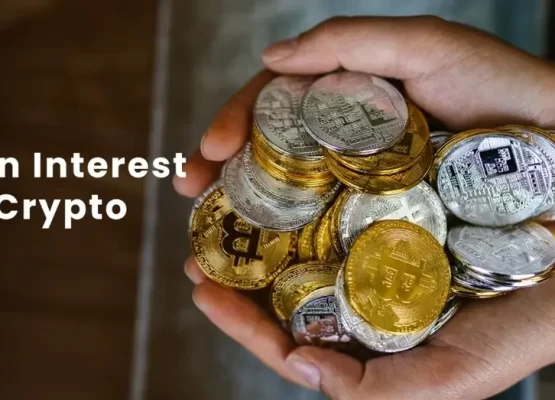Decentralized Finance (DeFi) has become one of the most impactful applications of blockchain technology, transforming traditional financial systems into more transparent and inclusive networks. While Ethereum has long been the reigning champion of this innovative landscape, a new contender—Solana—is showing remarkable promise. The blockchain’s exceptional features are not only enhancing the performance of DeFi applications but are also offering an alternative set of tools that have a unique appeal for developers and users alike.
In this evolving DeFi market, firms like TokenMinds act as catalysts for growth and innovation. Specializing in advisory services and marketing for blockchain projects, they are helping pave the way for new DeFi projects, particularly those built on high-performance blockchains like Solana. Focusing on market research, community engagement, and strategic partnerships adds value to the DeFi ecosystem and makes it easier for groundbreaking platforms to connect with their target audiences.
What distinguishes Solana from its competitors is primarily its breathtaking speed. The platform boasts the ability to process a staggering 65,000 transactions per second (TPS), which starkly contrasts the throughput limitations of many existing blockchains. This level of speed is indispensable for various DeFi applications, including decentralized exchanges, real-time lending platforms, and arbitrage bots that depend on quick transactions for efficient operations. Alongside this speed advantage, Solana maintains a cost structure appealing to developers and end-users. The low transaction fees mean that interacting with DeFi protocols won’t result in exorbitant costs, thereby lowering the barriers to entry for everyday users.
The speed and cost-effectiveness are not the only features making Solana an attractive environment for smart contracts and decentralized applications (dApps). The platform itself is driven by its native token standard, the Solana Program Library (SPL). This standard is conceptually similar to Ethereum’s ERC-20 but comes with optimizations that allow it to benefit from Solana’s high-speed, low-cost architecture. With SPL, developers have greater latitude to construct a diverse range of DeFi products and services, from automated market makers and yield farming platforms to decentralized insurance products and even more exotic financial instruments.
Scaling has been a historical challenge for blockchain platforms, often manifesting as a bottleneck that hinders performance and utility. The Proof-of-History (PoH) consensus algorithm developed by Solana overcomes this problem. Unlike conventional Proof of Work (PoW) or Proof of Stake (PoS) systems, PoH provides quicker transaction validation and improved scalability. By allowing validators to generate a historical record proving that an event has occurred at a specific moment, the Solana network efficiently processes transactions and smart contracts, making it highly scalable. This is a crucial feature for DeFi platforms, often requiring handling a large volume of interactions simultaneously.
In addition to its innate capabilities, Solana brings another layer of utility through its commitment to interoperability. Using bridges like Wormhole, Solana allows for the seamless transfer of assets between its blockchain and others, such as Ethereum. This feature enriches the DeFi ecosystem by enabling a more fluid movement of capital and data across different blockchains, enhancing the value proposition of DeFi applications and services.
However, the vibrant ecosystem it nurtures solidifies Solana’s status as a burgeoning leader in the DeFi space. The blockchain supports many projects across various sectors within DeFi, from lending and borrowing platforms to decentralized asset management systems. These contribute to a more robust and diverse DeFi landscape, further democratizing financial systems and creating new opportunities for decentralized innovation.
In conclusion, Solana’s technological advancements are carving a unique space in the field of blockchain development, especially when it comes to decentralized finance. The platform’s distinct features, such as high transaction speeds, minimal costs, advanced smart contract capabilities, and a focus on scalability and interoperability, set a new standard for the entire DeFi industry. As the platform matures, it’s increasingly clear that Solana offers a rich tapestry of possibilities for developers, entrepreneurs, and end-users in the ever-evolving DeFi landscape.




